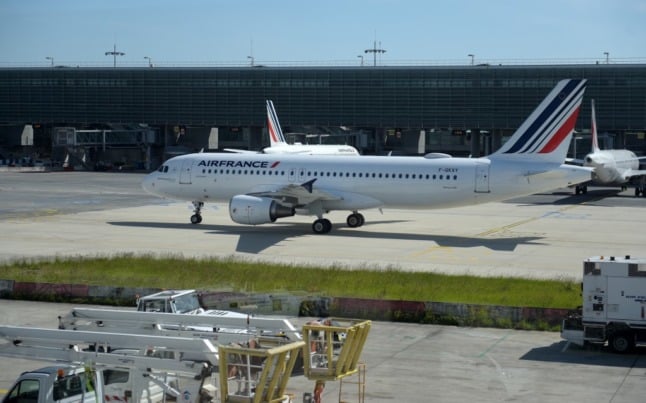Under France’s new traffic light travel system, fully-vaccinated travellers can enter France from non-EU countries such as the UK, USA and Canada, but for those who are not vaccinated travel is still only allowed for essential reasons.
EXPLAINED This is how France’s traffic light travel system works
If you’re coming into France via an EU country, however, things are much freer as this is part of the green zone with looser travel restrictions.
And readers have asked us whether it’s possible to take advantage of the more relaxed inter-EU travel rules by coming to France via another EU country such as Spain or Germany.
Unfortunately, there are two problems with this idea.
The first is that French travel rules state: “Travellers arriving from an EU Member State but having stayed in a non-EU Member State within the last 14 days before arrival, must follow the procedure for travellers arriving from outside the EU.”
So if you’re coming to France from the UK via Spain, you will still need to follow the rules for entry from the UK, unless you are prepared to spend 14 days in Spain before travelling on to France.
The second is that many other EU countries have their own travel restrictions in place for non-EU travel which are as strict if not stricter than France’s so there may be little advantage in coming via another country.
ALSO READ: Can families with unvaccinated children travel to France under traffic light system?
Travel into Germany is currently strictly limited for arrivals from the UK over concerns about virus variants. Travellers all have to present a negative covid test and some groups will need to quarantine – click here for details.
Leisure travel to Italy is allowed from the US, provided that the travellers arrive by one of the ‘Covid-tested’ flights approved by the government, which are available on certain airlines only. For UK travellers, only a negative Covid test is required – click here for full details.
For British travellers, Spain has the most relaxed entry requirements, but although there is no longer a requirement for tests or quarantines, travellers will still have to fill out health paperwork before entering – click here for details.
For other non-EU arrivals, the Spanish rules are essentially the same as France’s – only fully vaccinated travellers can enter the country for non-essential reasons – full details here.
ALSO READ: How can travellers to France from non-EU countries prove they are vaccinated?



 Please whitelist us to continue reading.
Please whitelist us to continue reading.
Do you know if you have vaccinated parents, can kids come into France with a negative Covid test?
Can you provide the actual link to the rules quoted above regarding spending 14 days in another green country before coming to France? I have been through the link provided and cannot find it anywhere. I really need the wording to have for border control. Thank you
Having just travelled to Spain from France to meet up with English family not yet fully vaccinated due to being too young to have received second jab, I can confirm that the border between France and Spain has no checkpoint. It goes to follow that anyone flying from the UK into Spain can easily travel inwards to France.